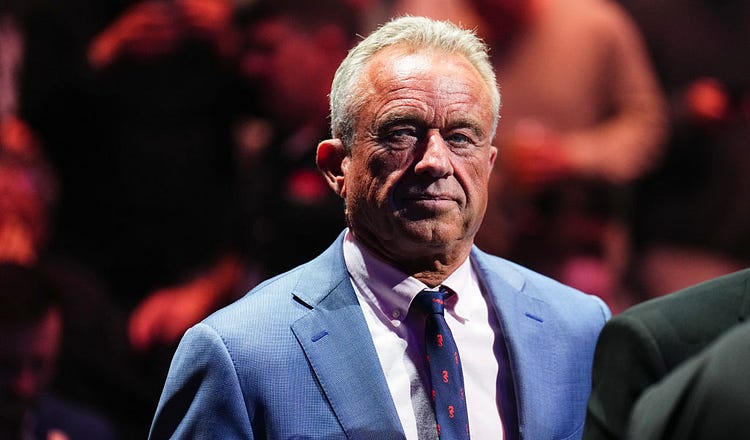
A number of American commenters have been hand-wringing about Robert F. Kennedy Jr.’s nomination to be the secretary of Health and Human Services, which would put him in charge of such critical agencies as the Food and Drug Administration (FDA) and the Centers for Disease Control and Prevention (CDC).
“He supports people being able to purchase raw milk, don’t you know!”
“He wants to discourage municipal water plants from adding fluoride!”
“He says MMR vaccines cause autism!”
After Donald Trump nominated RFK Jr. for the post, Time magazine called him “a vaccine skeptic who spreads medical disinformation and conspiracy theories,” and quoted Lawrence Gostin, director of Georgetown University’s O’Neill Institute for National and Global Health Law as saying of his nomination, “I can’t think of a darker day for public health and science.”
But I think we need to draw distinctions.
After looking at the whole range of RFK Jr.’s positions, I’ve come to the view that while some are extreme, others are genuinely worthy of debate—and still others are correct. And there is a way to sift the good from the bad and the debatable. When you hear one of RFK Jr.’s ideas, ask yourself a simple question: Do other nations do what he thinks the U.S. should do? If the answer is yes, then the HHS nominee’s idea is not necessarily apocalyptic, and we should be able to discuss it openly.
Let’s take a look at some of his most controversial opinions:

